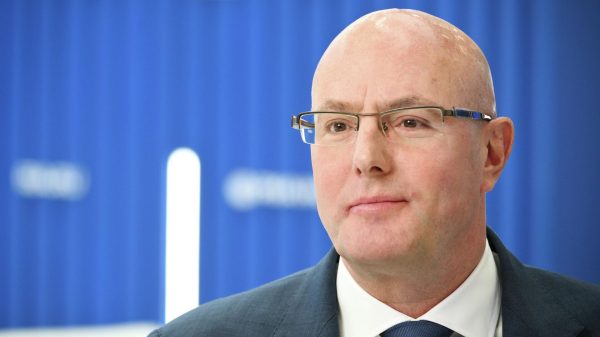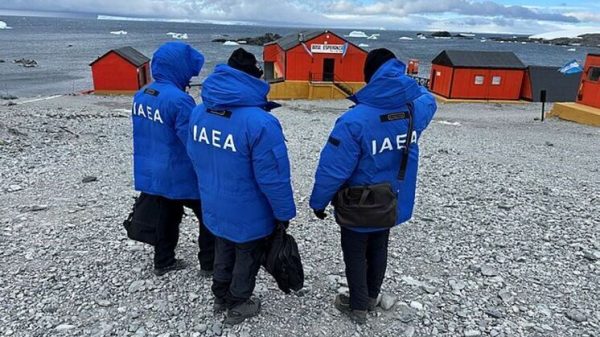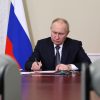
MOSCOW, July 4A smart fish feeder was created at Volga State Technical University. According to the authors of the system, it can reduce feed costs and reduce pond monitoring time, which will increase the profitability of fish farms. The results were published by the International Russian Smart Industry Conference (SmartIndustryCon).
At all enterprises engaged in growing fish in order to obtain marketable products, as well as to preserve and increase fish stocks in natural reservoirs, feeding aquatic inhabitants is carried out in two ways: manually or with automatic feeders that pour out a given amount of food at a certain time, explained the Volgograd State University Technical University.
According to experts, these approaches have a number of disadvantages: feeding efficiency is reduced, for example, due to the fact that employees do not always distribute feed evenly throughout the pond, and automatic feeders, in turn, do not take into account water parameters and cannot regulate the amount of feed dispensed.
Volgograd State Technical University scientists have developed a cyber-physical system that can optimize the process of feeding fish in pond farms. The technology uses sensors to monitor water parameters and adjusts the volume and time of feed dispensing in accordance with the indicators and needs of the fish, which has a positive effect on their health and growth.
“
"Our development monitors water temperature, pH level ( fluid acidity) and dissolved oxygen levels. It is these parameters that are key for the correct growth of fish, affect its activity and, accordingly, the food consumption,”—said the author of the project, graduate student of VolgSTU, teacher of VPI (a branch of VolgSTU) Roman Borzin.
He added that, based on current water parameters, the system provides the operator with recommendations for the maintenance of ponds, for example, it signals about excess acidity or about the need to increase oxygen levels.
In addition, the development allows us to solve the problem of rational use of resources by minimizing the influence of the human factor and reducing feed consumption.
«The introduction of a cyber-physical automatic feeding system is a significant technological step in aquaculture management. With the help of this system, it became possible to reduce weekly feed consumption from the previous 950 kg to 860 kg, which can potentially lead to significant cost savings,» said Alla Kravets, professor of the Department of Computer-Aided Design and Search Engineering at Volgograd State Technical University.
She emphasized that the use of the system made it possible to achieve not only a reduction in feed consumption, but also a reduction in the time spent monitoring one pond from 17 minutes to 5 seconds.
At this stage, scientists are faced with the task of introducing artificial intelligence into the development to predict the productivity of pond farming.
The project was implemented within the framework of the federal program «Priority-2030» of the national project «Science and Universities», of which Volgograd State Technical University is a participant.























































Свежие комментарии